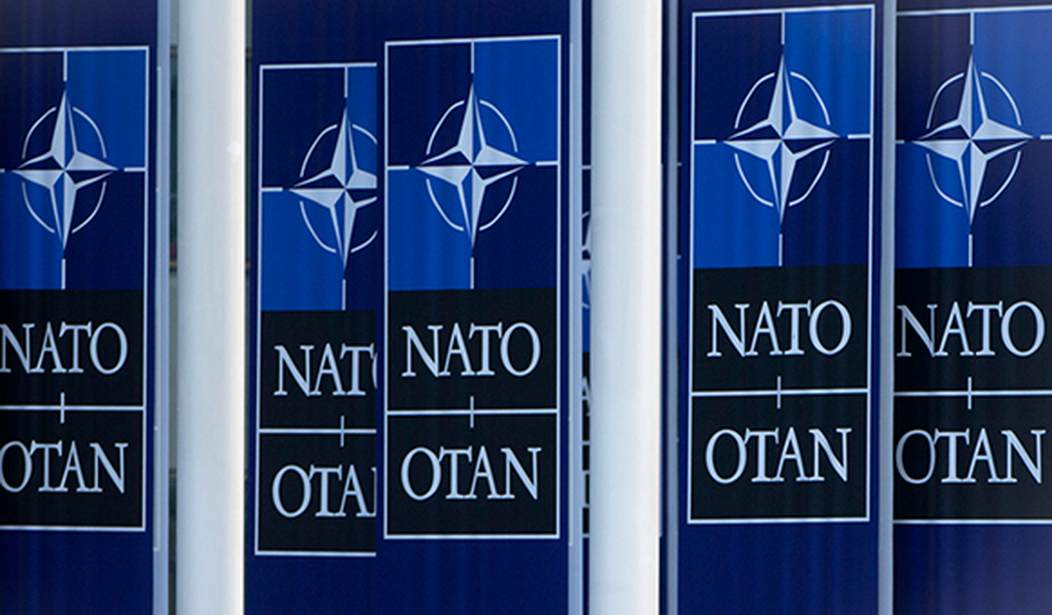On April 4, the NATO alliance turns 70. Representatives from the alliance's current 29 member nations will meet in Washington to commemorate the occasion.
There's much to commemorate, as well as current issues to anticipate and address.
Arguably, NATO is the world's longest-lived military collective defense alliance.
The term "collective defense" matters in this preeminent estimate. In a collective defense alliance, allies pledge to defend each against external military threats.
When NATO turned 61 in 2010, the Brookings Institution concluded that 61 birthdays made it one of the six longest-lived military alliances since 1500 A.D. I'll try to minimize the footnote work and collapse historical debates. The Franco-Turkish alliance (established 1536) ostensibly persisted until 1914 (World War I), though as the 19th century elapsed, this alliance had expired. At times France and Ottoman Turkey fought as allies (Crimean War). However, the core deal was respect for the other's interests, not mutual defense. France and Britain's Entente Cordiale (1904) remains in effect, but when inked, it was basically an agreement to end their quarrels. 1919's ABC Pact (Argentina, Brazil and Chile) is nominally in effect, but it's a collective security deal, a notch down from defense. The UN (1945) is a collective security arrangement, not a collective defense alliance. The Organization of American States (1948) aspires to collective defense. But that aspiration rates a sad sigh.
NATO was anything but a laugh. It won the Cold War with the USSR, and since it won while avoiding thermonuclear devastation, it won brilliantly.
Recommended
Yet as the Cold War waned, NATO death notices waxed. The obit crowd judged NATO a dinosaur of the bipolar world that they swore disappeared when the USSR shrank to Russia.
The obits reprised a Mark Twain one-liner. When Twain learned that a New York newspaper had published his obit, he wisecracked, "The reports of my death are greatly exaggerated."
Why did the obit writers get it wrong? Some were schooled on reductive headlines focused on the Washington-Moscow face-off, so they missed the complexities. Others were ideologues bogged by reductive reasoning; it's all communism versus capitalism! However, the geopolitical world has never been bipolar. Our world is fragmented, with multipolar eddies vexing Great Powers that rise and -- unless they adapt to new conditions -- fall, no matter their creeds or politics.
NATO adapts. During the 1990s, it became a collective security alliance and a collective defense alliance. Fighting international terrorism (9/11) and "out of region" contingency operations to deter a threat are collective security operations.
Russia attacked Georgia (not a NATO member) in 2008. The Russian bear was reviving.
In 2010 (date of Brookings report), the Kremlin declared that NATO's enlargement was Russia's principal threat.
Be your own worst enemy, Vlad. NATO's Article 5 collective defense guarantee exemplifies the hard Cold War diplomacy that has 21st-century value.
Article 5's nickname has a French literary connection: "the three musketeers clause." One for all and all for one, the dashing musketeers affirmed. Article 5 says that "an armed attack against one or more of them ... shall be considered an attack against them all."
Article 5 has been invoked just once: the day after al-Qaida's 9/11 attacks on the U.S.
Russian President Vladimir Putin has made degrading NATO a foreign policy goal. Why? Because NATO deters his ambitions. Article 5 is the core of it, but not the whole story.
Finland and Sweden (so-called neutrals) know NATO is vital. Truth is they've known for 70 years. A substantial number of citizens in Finland and Sweden support NATO membership.
Seventy years of NATO still matters, to Europe and the U.S., because an alliance coordinating the defense of democratic nations still serves several critical purposes. Fighting and winning complex belligerencies requires coordination.

























Join the conversation as a VIP Member